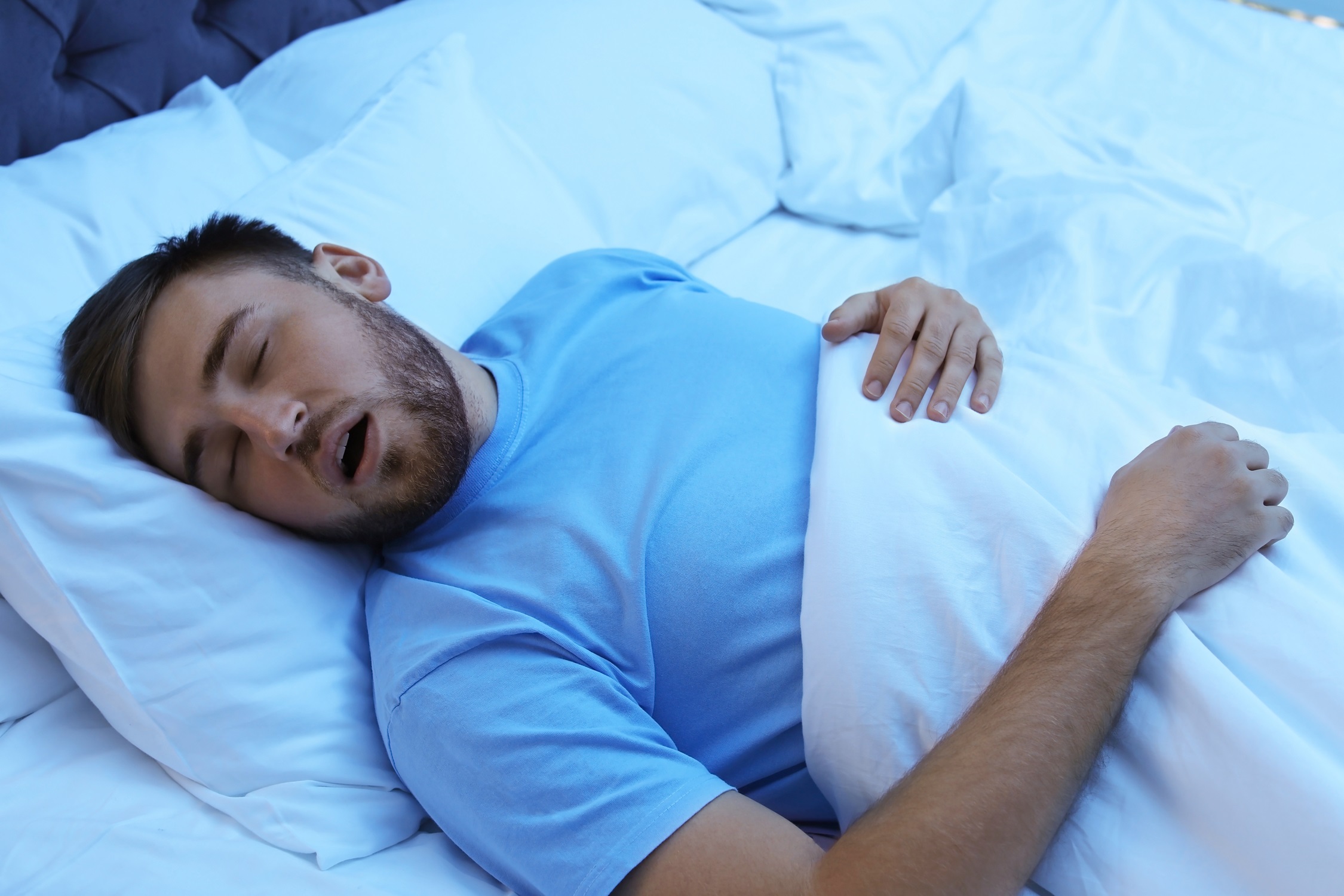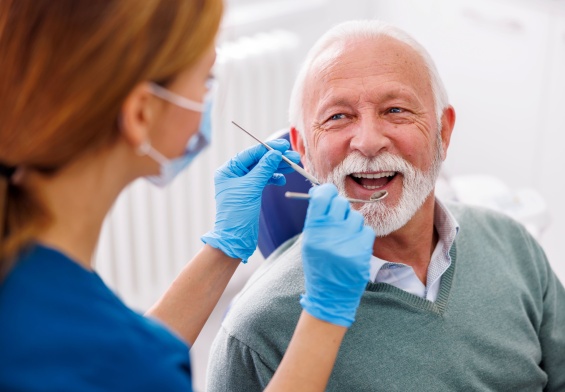Imagine your breathing stops and starts and stops and starts, over and over again throughout the night. Pretty scary, right? If you’ve ever experienced this, you probably have a serious sleep disorder called sleep apnea, and it’s more common than you might think. Sleep apnea can have a huge impact on your overall health, especially your oral health. Fortunately, there are ways to mitigate the impact of sleep apnea and its symptoms, especially when you understand its root causes. If you live in Livingston, meeting with the best family dentists who can address sleep apnea plays a large role in managing the condition.
Types of Sleep Apnea
There are two main types of sleep apnea: Obstructive Sleep Apnea (OSA) and Central Sleep Apnea (CSA).
- Obstructive Sleep Apnea (OSA): This type is more common, and occurs when the throat muscles relax too much during sleep, blocking the airways and interrupting the breathing cycle. People who have large tonsils, are obese, or have naturally narrow airways tend to be more susceptible to OSA.
- Central Sleep Apnea (CSA): Unlike OSA, CSA happens when the brain doesn’t send the right signals to the muscles that control breathing. It’s much less common and often associated with underlying conditions like heart failure or stroke.
How Sleep Apnea Affects Oral Health
Sleep apnea has numerous negative impacts on your overall health, especially your oral health. Some of the key impacts on oral health include:
- Dry Mouth: People with sleep apnea tend to breathe through their mouth because their nasal passages are blocked, which dries out their mouth. As a result, they’re producing less saliva, which they need to neutralize acids and wash away food particles, increasing the risk of cavities and gum disease.
- Bruxism (Teeth Grinding): Many individuals with OSA also experience bruxism, a condition where they grind their teeth during sleep. This wears down the teeth, causes jaw pain, and other dental problems.
Causes of Sleep Apnea
What causes sleep apnea depends on the type of sleep apnea:
- Obstructive Sleep Apnea: Physical characteristics like thick neck, large tonsils, or a naturally narrow airway can contribute to the development of OSA. Lifestyle factors like obesity, smoking, and alcohol use are also significant contributors. Weight gain, especially in the neck, makes it more likely for the airways to become blocked during sleep.
- Central Sleep Apnea: CSA is often linked to serious health conditions like heart disease, stroke, or certain medications that affect the brain’s respiratory control. Sleeping at high altitudes can also cause CSA because there’s less oxygen available.
Symptoms of Sleep Apnea
Common symptoms of sleep apnea include:
- Loud Snoring: Especially common in OSA, snoring occurs when the flow of air through the throat is partially blocked.
- Gasping or Choking During Sleep: Individuals with sleep apnea often wake up abruptly gasping for air.
- Excessive Daytime Sleepiness: Sleep apnea disrupts the sleeping process, causing you to get less sleep. As a result, you’ll feel excessively tired during the day.
- Morning Headaches: Not getting enough oxygen during sleep can cause headaches when you wake up in the morning.
If it’s not treated, sleep apnea can lead to more severe health issues, like hypertension, heart disease, type 2 diabetes, and an increased risk of stroke.
Prevention and Mitigation
Sleep apnea can be a chronic condition, but there are many ways to reduce its symptoms:
- Lifestyle Changes: Changes in lifestyle tend to be the most effective way to reduce sleep apnea symptoms. Losing weight, avoiding alcohol, quitting smoking, and sleeping in different positions (like sleeping on your side instead of your back) can significantly reduce symptoms.
- Medical Treatments:
- CPAP Therapy: The most common treatment for moderate to severe OSA is a Continuous Positive Airway Pressure (CPAP) machine. It involves wearing a mask over the nose or mouth while sleeping, which delivers a steady stream of air that keeps the airways open.
- Dental Devices: Custom-fitted dental devices, often provided by dentists who specialize in sleep medicine, can reposition the jaw or tongue to keep the airway open. Family dentist oral appliance therapy is particularly effective for mild to moderate cases of OSA and much less invasive than a CPAP machine.
- Surgical Options: If other treatments are ineffective, your dentist or other healthcare provider may suggest surgery. Procedures can range from removing extra tissue from the throat to more complex surgeries that involve restructuring the entire jaw.
Importance of Consulting a Dentist
Dentists have a huge role in diagnosing and managing sleep apnea. Seeing one regularly for check-ups will identify the early signs of sleep apnea, like bruxism or oral inflammation, that you wouldn’t otherwise notice. Finding the best family dentists in Livingston that deal with sleep apnea can also be a huge step towards better oral health. Dentists in Livingston can give you a sleep apnea mouth guard that will keep your airway open when you sleep, which is much more comfortable and less invasive than CPAP therapy.
Understanding How Sleep Apnea Affects Oral Health
Sleep apnea can be managed with the right approach. When you know about the symptoms, risks, and treatment options, you can improve sleep and overall health. Asking a qualified family dentist in Livingston that knows a lot about sleep apnea is a great place to start. Remember, addressing sleep apnea results in better sleep and better health overall.




